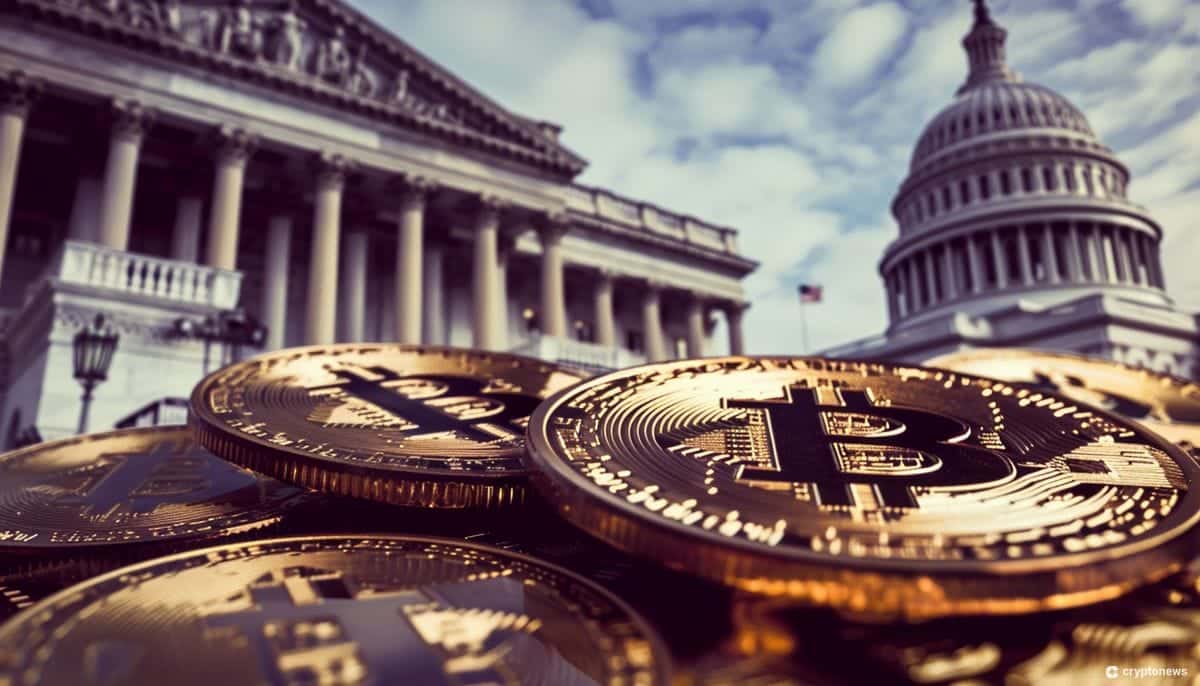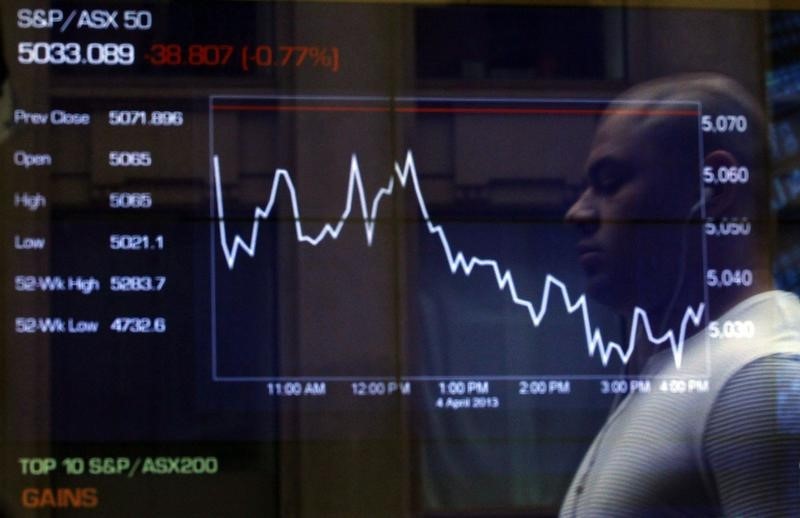The US District Court for the Western District of Washington
has entered a final judgment against Sameer Ramani for engaging in insider
trading. Ramani was implicated in a scheme to trade ahead of multiple
announcements concerning at least nine crypto asset securities slated for
trading on the Coinbase platform.
The case stemmed from allegations brought forward by the
Securities and Exchange Commission (SEC), which asserted that Ramani received
privileged information from his associate, Ishan Wahi, a former product manager
at Coinbase. Wahi allegedly orchestrated the timing and content of public
listing announcements, divulging sensitive details to Ramani and Nikhil Wahi,
his brother. These disclosures included information regarding upcoming crypto
asset listings, which were treated as confidential by Coinbase.
The complaint, covering the period from June 2021 to April
2022, alleged that Ramani and Nikhil Wahi leveraged the insider information to
purchase at least 25 crypto assets, nine of which were securities, ahead of
public announcements. Subsequently, they purportedly sold these assets shortly
after the announcements, profiting from the subsequent price increases.
Disgorgement and Civil Penalty Ordered
The judgment, entered on the basis of default, prohibits
Ramani from violating anti-fraud provisions of the Securities Exchange Act and
associated rules. Additionally, Ramani has been ordered to pay a disgorgement
totaling $817,602, along with a civil penalty amounting to $1,635,204. Notably,
the court had previously issued final judgments against Ishan and Nikhil Wahi,
thereby concluding the litigation surrounding this matter. Daniel Maher and
Peter Lallas led the SEC’s litigation efforts, under the supervision of James
Connor and Olivia Choe.
The Wahi Insider Trading Case: A Mammoth Loss For Coinbase
In an insider trading case involving Coinbase’s former product manager Ishan Wahi, his brother Nikhil Wahi, and their friend Sameer Ramani, U.S. District Court Judge Tana Lin of the Western District of Washington held… pic.twitter.com/0OzmbkFM6m
— John Reed Stark (@JohnReedStark) March 4, 2024
Clarity on Digital Asset Regulation
Coinbase
was set to argue in a court hearing that the SEC should drop its case against
the platform, contending that the tokens traded on its platform are not
comparable to securities, as reported by Finance Magnates. The lawsuit filed by the SEC in June alleges that
Coinbase facilitated the trading of at least 13 crypto tokens that should have
been registered as securities.
Additionally, the SEC accuses Coinbase of
operating illegally as a national securities exchange, broker, and clearing
agency without proper registration. A key point of contention is Coinbase’s
“staking” program, which the SEC claims should have been registered.
The outcome of this court battle is eagerly awaited by the crypto community, as
it could provide clarity on the SEC’s jurisdiction over digital assets.
The US District Court for the Western District of Washington
has entered a final judgment against Sameer Ramani for engaging in insider
trading. Ramani was implicated in a scheme to trade ahead of multiple
announcements concerning at least nine crypto asset securities slated for
trading on the Coinbase platform.
The case stemmed from allegations brought forward by the
Securities and Exchange Commission (SEC), which asserted that Ramani received
privileged information from his associate, Ishan Wahi, a former product manager
at Coinbase. Wahi allegedly orchestrated the timing and content of public
listing announcements, divulging sensitive details to Ramani and Nikhil Wahi,
his brother. These disclosures included information regarding upcoming crypto
asset listings, which were treated as confidential by Coinbase.
The complaint, covering the period from June 2021 to April
2022, alleged that Ramani and Nikhil Wahi leveraged the insider information to
purchase at least 25 crypto assets, nine of which were securities, ahead of
public announcements. Subsequently, they purportedly sold these assets shortly
after the announcements, profiting from the subsequent price increases.
Disgorgement and Civil Penalty Ordered
The judgment, entered on the basis of default, prohibits
Ramani from violating anti-fraud provisions of the Securities Exchange Act and
associated rules. Additionally, Ramani has been ordered to pay a disgorgement
totaling $817,602, along with a civil penalty amounting to $1,635,204. Notably,
the court had previously issued final judgments against Ishan and Nikhil Wahi,
thereby concluding the litigation surrounding this matter. Daniel Maher and
Peter Lallas led the SEC’s litigation efforts, under the supervision of James
Connor and Olivia Choe.
The Wahi Insider Trading Case: A Mammoth Loss For Coinbase
In an insider trading case involving Coinbase’s former product manager Ishan Wahi, his brother Nikhil Wahi, and their friend Sameer Ramani, U.S. District Court Judge Tana Lin of the Western District of Washington held… pic.twitter.com/0OzmbkFM6m
— John Reed Stark (@JohnReedStark) March 4, 2024
Clarity on Digital Asset Regulation
Coinbase
was set to argue in a court hearing that the SEC should drop its case against
the platform, contending that the tokens traded on its platform are not
comparable to securities, as reported by Finance Magnates. The lawsuit filed by the SEC in June alleges that
Coinbase facilitated the trading of at least 13 crypto tokens that should have
been registered as securities.
Additionally, the SEC accuses Coinbase of
operating illegally as a national securities exchange, broker, and clearing
agency without proper registration. A key point of contention is Coinbase’s
“staking” program, which the SEC claims should have been registered.
The outcome of this court battle is eagerly awaited by the crypto community, as
it could provide clarity on the SEC’s jurisdiction over digital assets.















